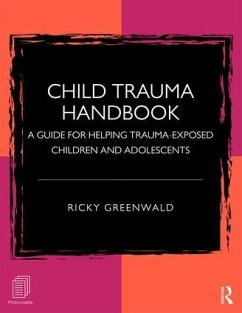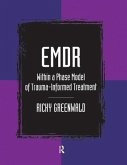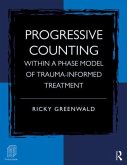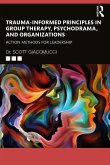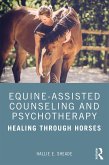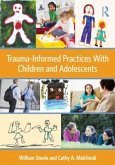Originally published in 2005, the Child Trauma Handbook is a user-friendly manual that teaches a comprehensive, research-based, phase-model approach to trauma-informed treatment for children and adolescents. Both new and experienced clinicians will find clear explanations and tips for making the connection between child/adolescent behaviors and traumatic histories; they'll also learn practical skills for successful interventions. Each chapter and skillset is theory based and includes transcripts, case studies, exercises, and specific strategies for addressing problems.
"A practical guide to trauma-informed therapy with children and teens and the families who care for them."
Charles Figley, PhD, Paul Henry Kurzweg Chair in Disaster Mental Health at Tulane University
"This is a fascinating book on how to respectfully approach and treat traumatized children."
Atle Dyregrov, PhD, Founder, Center for Crisis Psychology, Bergen, Norway
Charles Figley, PhD, Paul Henry Kurzweg Chair in Disaster Mental Health at Tulane University
"This is a fascinating book on how to respectfully approach and treat traumatized children."
Atle Dyregrov, PhD, Founder, Center for Crisis Psychology, Bergen, Norway

